|
|
|
Editor's note
|
|
Nau mai, haere mai - welcome to your New Zealand newsletter.
It’s an unusual, challenging but exciting time to be joining The Conversation. As we know, New Zealand’s media industry is facing enormous challenges, with the closure of the Bauer stable of magazines (including the Listener, which I once edited), and the financial strain so many other titles are under making these perilous times.
While no one publication can fill the gap left by great titles and equally great journalists, it’s clear to me The Conversation will have an increasingly important role as New Zealand enters unknown territory in a COVID-19 world. As others have noted already, expert knowledge and analysis have never been more in demand – so that’s our challenge and our mission.
Speaking of challenges, with formal discussions now happening about a trans-Tasman travel bubble, tourism experts Freya Higgins-Desbiolles (University of South Australia) and James Higham (University of Otago) explore what this would mean in practice for Australia and New Zealand.
And international trade researchers Hongzhi Gao and Monica Ren, at Te Herenga Waka — Victoria University of Wellington, argue for Australia and New Zealand taking a longer view and cooperating more to reduce our economic over-dependence on China.
In the meantime, New Zealand’s tourism industry will likely be purely domestic for some time. AUT tourism expert Michael Lueck says this is also an opportunity to re-imagine how we see and treat our own backyard and to set the groundwork for a more sustainable industry before overseas tourists return.
You can read a lot more analysis this week relating to the coronavirus pandemic, including about accusations that Pacific governments are using the crisis as cover for a media crackdown, how COVID-19 is already creating new (and deepening existing) social divides and inequalities, what we can do to keep healthy while we wait for a vaccine, and why so many of us have such strange dreams.
But this week, we also share a series to mark the 250th anniversary of Captain James Cook’s arrival in the Pacific, with contributions from several New Zealand scholars, including Massey University lecturer Peter Meihana, who explores his ancestors’ encounters and painful history, and University of Canterbury historian Katie Pickles, who asks why the commemorations remain silent on intimate encounters and their profound impact on Indigenous women.
On a more personal note, it’s been a novel experience starting a new job and not even leaving the house. But we’ve all had to adapt one way or another, and I’m looking forward to making the most of this great opportunity.
Thank you for reading, noho ora mai.
|
Finlay Macdonald
New Zealand Editor: Politics, Business + Arts
|

|
|
Top stories
|
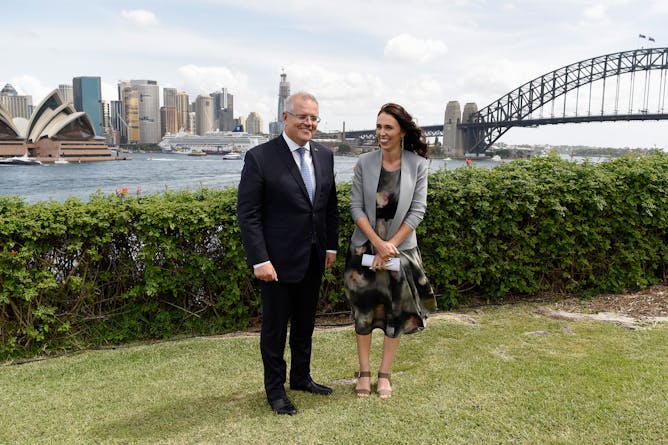
BIANCA DE MARCHI/AAP
Freya Higgins-Desbiolles, University of South Australia; James Higham, University of Otago
Australia and New Zealand are talking about quarantine-free travel between their two countries. What would it mean and how would it work?
|
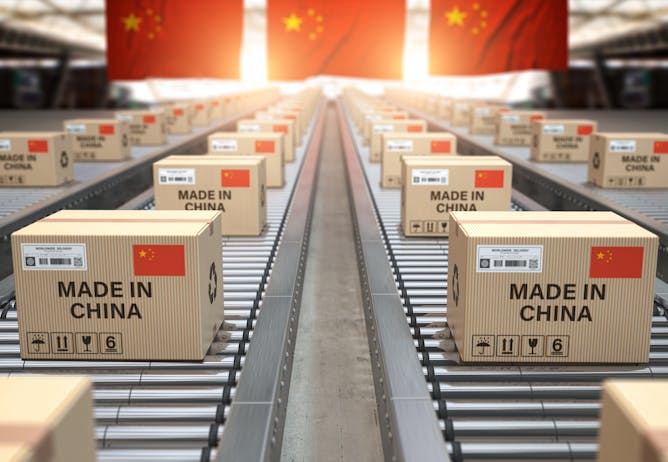
www.shutterstock.com
Hongzhi Gao, Te Herenga Waka — Victoria University of Wellington; Monica Ren, Macquarie University
Talks about creating a trans-Tasman bubble have focused on kick-starting short-term economic activity through tourism. But Australia and NZ could also increase manufacturing and trade integration.
|
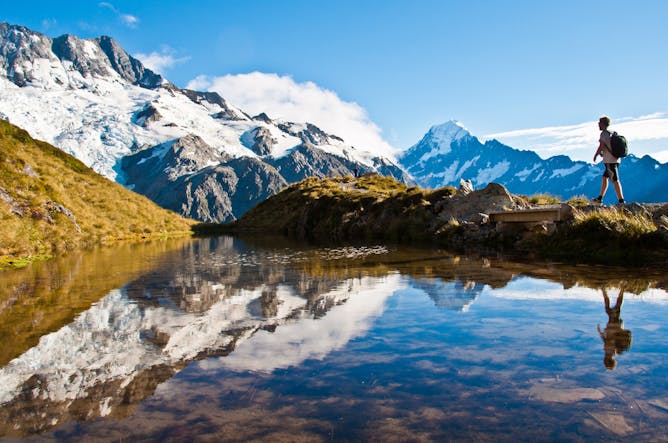
www.shutterstock.com
Sabrina Seeler, Nord University; Michael Lueck, Auckland University of Technology
The international tourism crisis offers New Zealand the opportunity to reimagine domestic tourism - if operators and consumers can adapt.
|
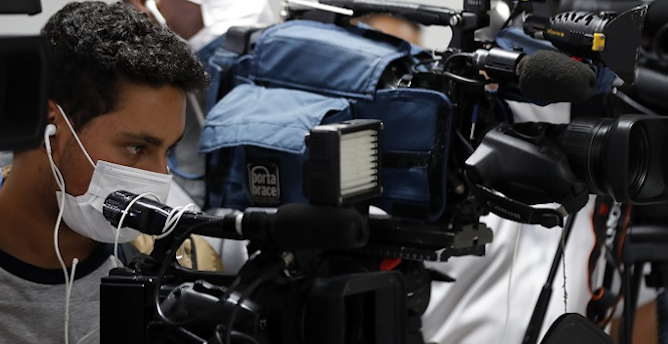
IPI/EPA
David Robie, Auckland University of Technology
While Pacific communities need robust public health reporting, local media face harassment and arrest while covering the crisis.
|
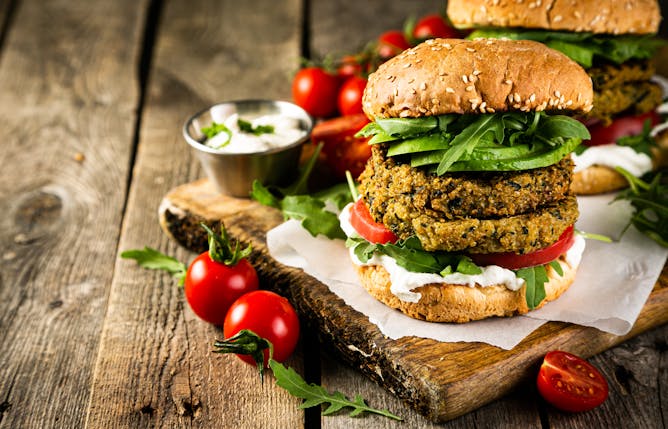
Shutterstock
Alexandra Macmillan, University of Otago; Jono Drew, University of Otago
Food choices make a difference to the climate impact of our diet. Every step towards eating a more plant-based diet results in lower emissions, better population health and reduced healthcare costs.
|
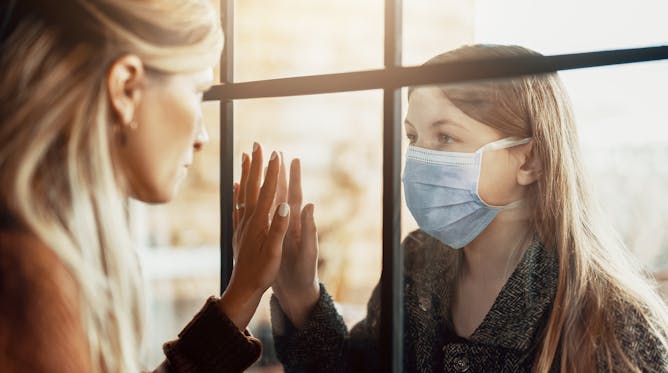
Shutterstock
Ben Walker, Te Herenga Waka — Victoria University of Wellington; Rebecca Bednarek, Te Herenga Waka — Victoria University of Wellington; Todd Bridgman, Te Herenga Waka — Victoria University of Wellington; Urs Daellenbach, Te Herenga Waka — Victoria University of Wellington
Imagine you could only travel if you can prove COVID-19 immunity. The pandemic is already creating new social divides, and it is important we stay alert to their possible ramifications.
|
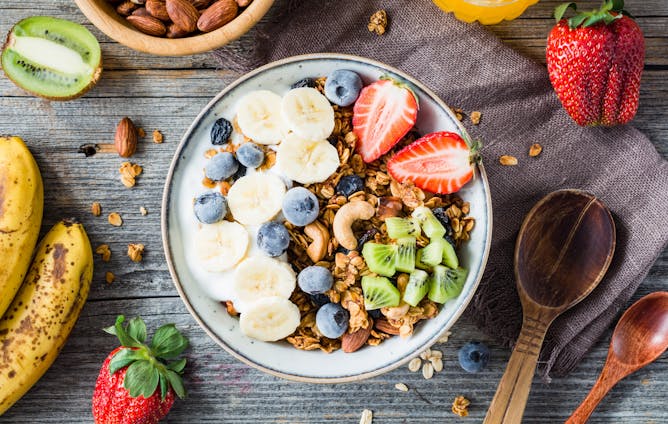
Shutterstock
Julia J Rucklidge, University of Canterbury; Grant Schofield, Auckland University of Technology
Eating healthy food, exercising regularly and reducing stress are all measures we can take to stay as healthy as possible to fight off infection while we wait for a coronavirus vaccine.
|

from www.shutterstock.com
Rachel Morrison, Auckland University of Technology
The open-plan, shared office may be a thing of the past if physical distancing and stricter hygiene become the new normal.
|
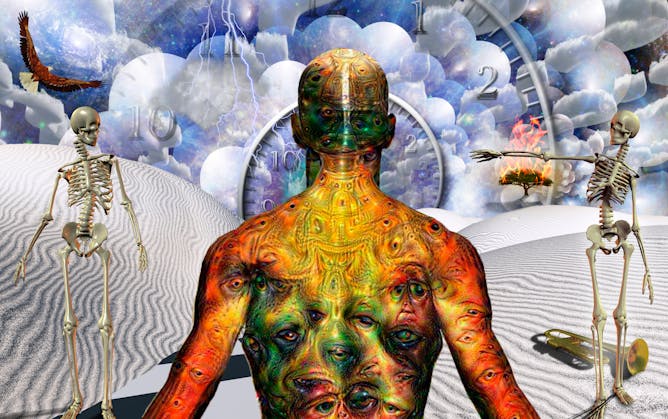
Bruce Rolff/Shutterstock
Rosie Gibson, Massey University
At times of anxiety and trauma an increase in unusual or vivid dreams and nightmares is not surprising.
|
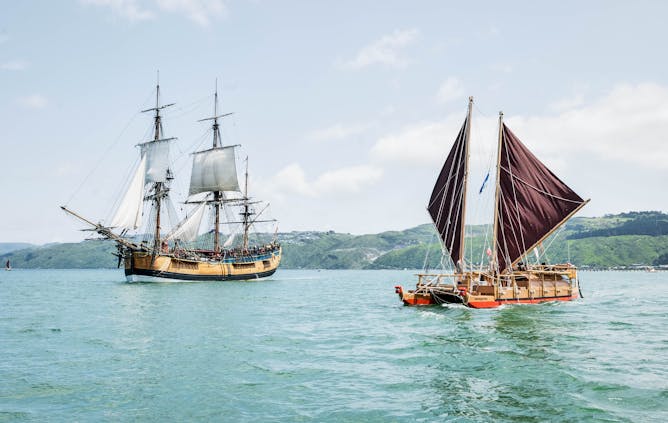
Tuia 250
Peter N. Meihana, Massey University
New Zealand's commemorations of James Cook's arrival 250 years ago were least about the British explorer himself, but instead focused on Polynesian voyaging heritage and encounters with Māori.
|
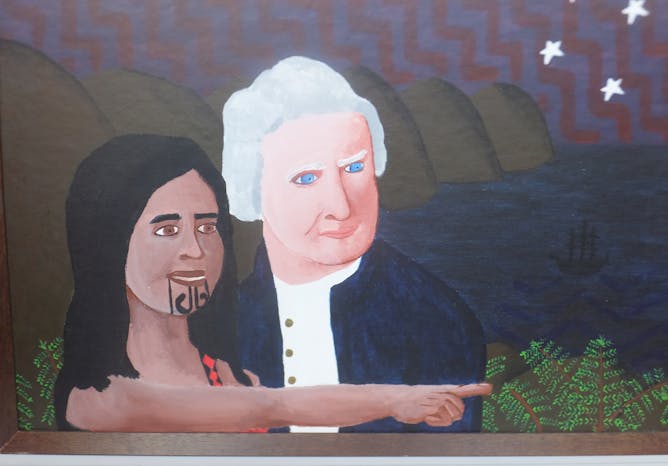
Artist: John Pickles
Katie Pickles, University of Canterbury
Captain Cook's sailors traded nails for sex, but the history of intimate encounters and their impact on women throughout the Pacific is still largely ignored.
|
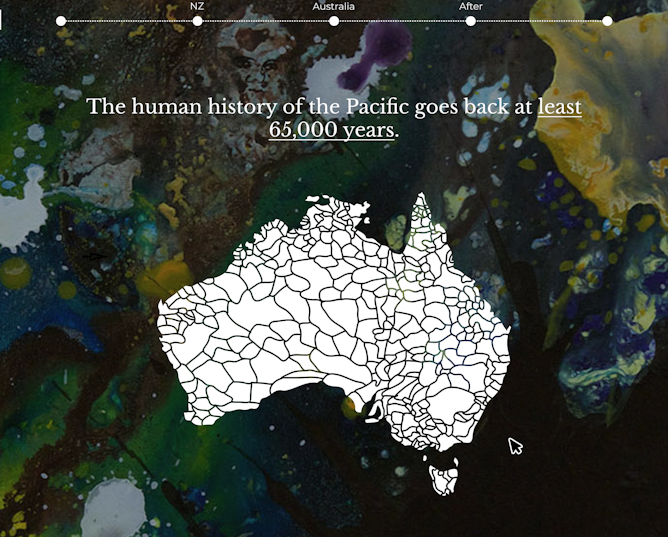
Feature artwork: Great Spirit and Rainbow Serpent – Jeffrey Samuels (used with permission, no re-use)
Sunanda Creagh, The Conversation; Wes Mountain, The Conversation; Justin Bergman, The Conversation
Explore Cook's journey through the Pacific, the orders that brought him in search of the 'Great Southern Land' and the impact of his arrival in our new interactive.
|
From The Conversation's international editions
|
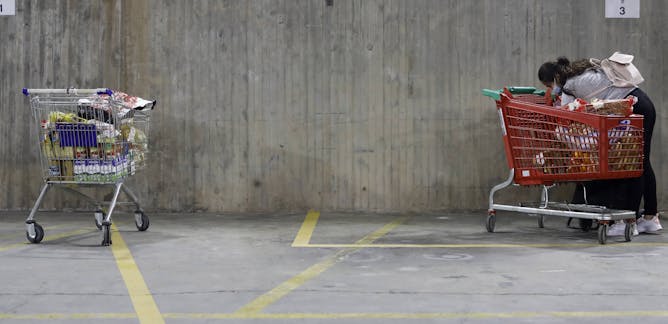
Steven Vass, The Conversation
This week we've been looking at the factors in play when considering to ease lockdowns, how the massive costs can be met, and the ongoing search for treatments.
| |
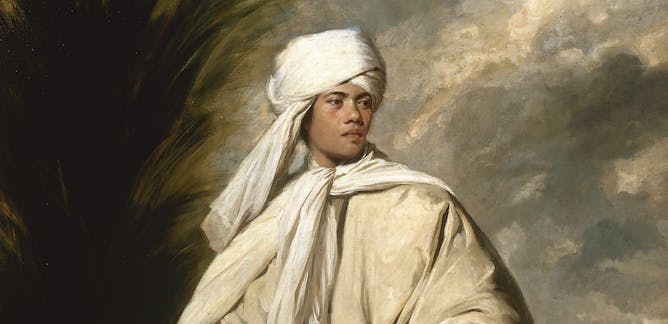
Kate Fullagar, Macquarie University
Both islanders played a central role in Cook's three voyages across the Pacific, but their contributions have largely been overshadowed in what is generally thought of as era of European exploration.
|
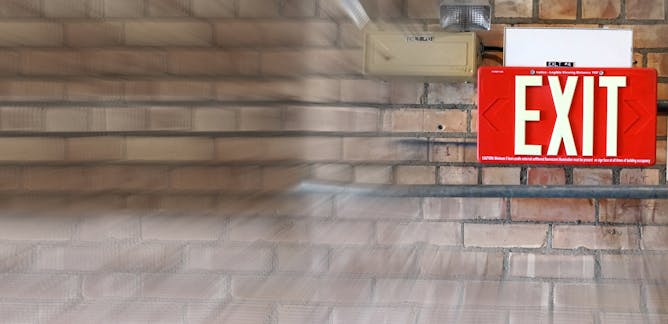
Robyn Johns, University of Technology Sydney
Redundancies can can leave businesses ill-placed placed for revival. The real estate listings firm Domain is trying something more promising.
| |
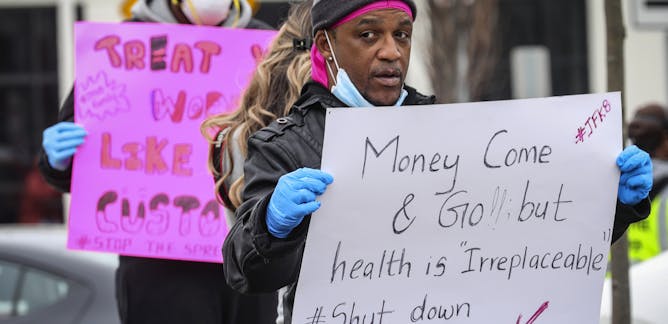
Zachary Jaggers, University of Oregon
There's a disconnect between how many low-wage workers are being described, and what they're experiencing on the ground.
|
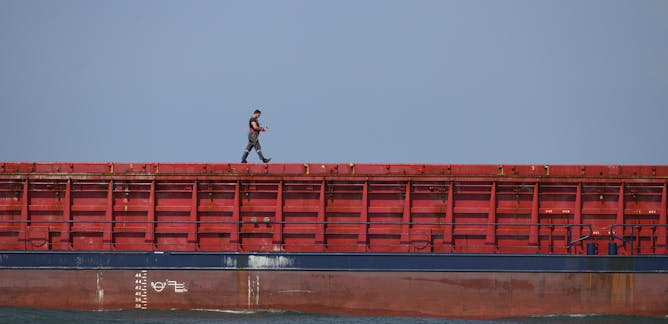
Helen Devereux, Solent University
Being stuck on a ship is not only unpleasant, it's also very dangerous.
| |
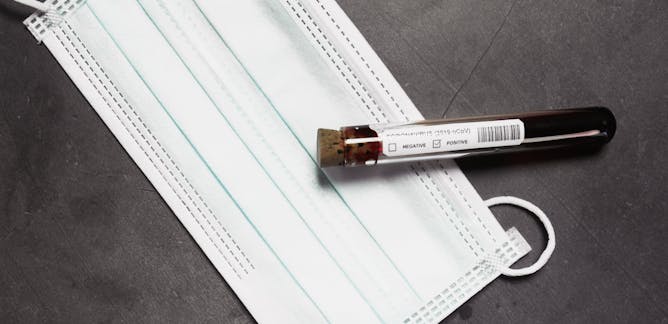
James Martin, Swinburne University of Technology
These online spaces are more regulated than many media reports would have you believe. And the vast majority of dark web traders are steering clear of exploiting the pandemic.
|
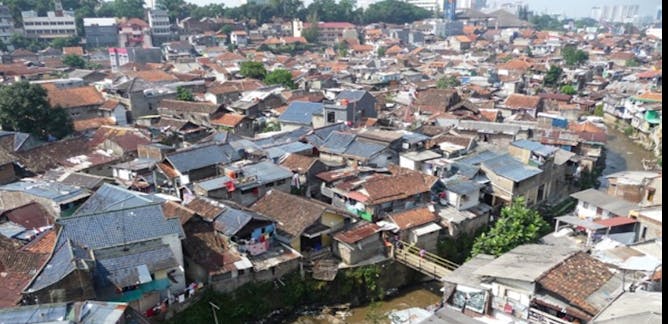
Paul Jones, University of Sydney
The plight of the urban poor affected by COVID-19 highlights the need to to reaffirm that adequate housing, water supply and sanitation are basic human rights.
| |
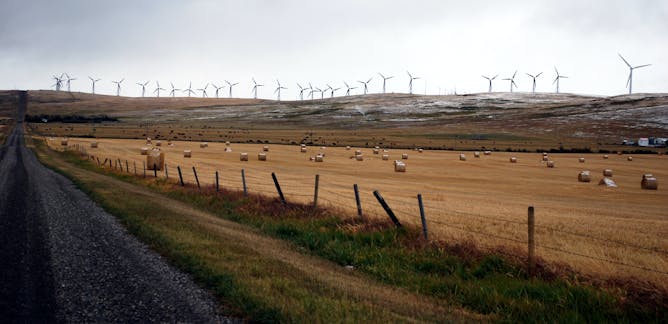
Lisa Ashton, University of Guelph; Ben Bradshaw, University of Guelph
The Canadian dialogue on agriculture’s role in climate change is murky. Its time to be more clear and vocal on where challenges and opportunities lie.
|

Delphine Collin-Vézina, McGill University; Tristan Milot, Université du Québec à Trois-Rivières (UQTR)
School closures under coronavirus have raised significant risks for vulnerable students who face maltreatment and exposure to violence. Here are five priorities to address when re-opening schools.
| |
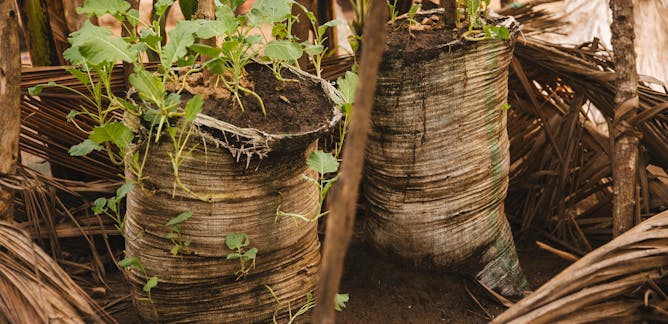
Kalle Hirvonen, The International Food Policy Research Institute (IFPRI) ; Derek Headey, The International Food Policy Research Institute (IFPRI)
Despite their popularity, there are reasons to doubt whether "home gardens" provide a sustainable and cost-effective way of addressing hidden hunger.
|
|
|
| |
| |
| |
| |
| |
| |
|
|
|
|
|
|
|